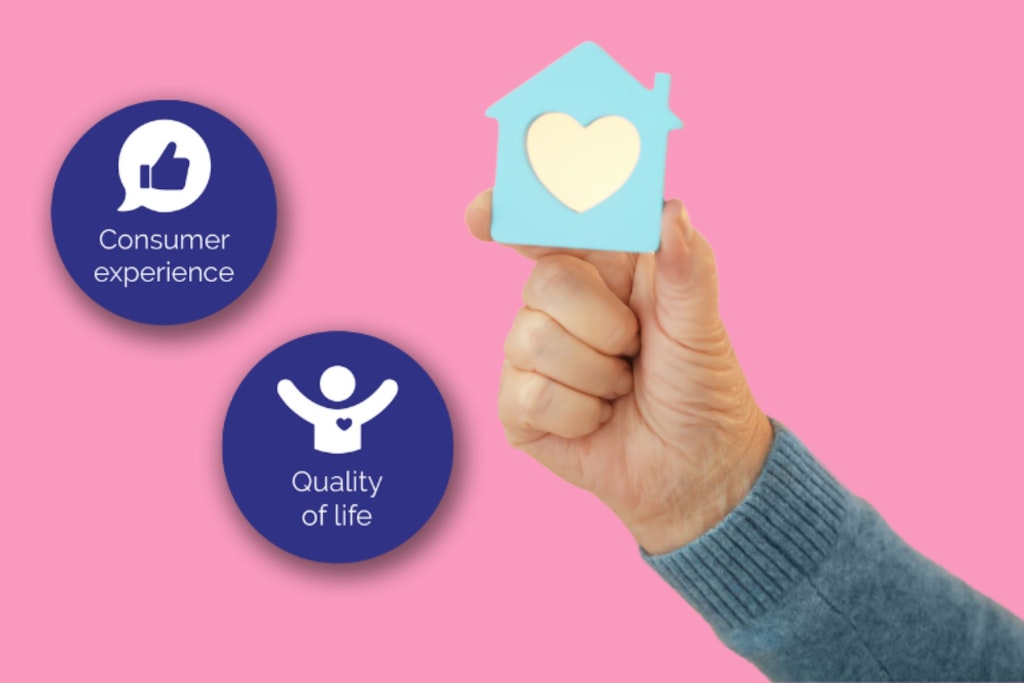Unmasking challenges: Aged care compliance vs. consumer experience
Last updated on 19 October 2023

In April 2023, the inaugural collection phase commenced for the expanded National Aged Care Mandatory Quality Indicator Program (NQIP), introducing the novel Quality of Life (QOL) and Consumer Experience (QCE) Indicators.
These indicators demand a distinct data collection approach, involving feedback acquisition from residents or their proxies. However, executing these new Indicators has posed considerable challenges for aged care providers.
Initial hurdles for providers centred around devising efficient data collection methods, yet many encountering this journey raised grievances regarding government-mandated surveys. Notably, CarePage, a leading aged care data software company, in collaboration with major residential care providers, has observed that client concerns reverberate across the sector.
A predominant concern expressed by providers revolves around QOL and QCE surveys being perplexing for aged care residents. Despite a leaning toward digital surveying, the surveys’ paper-based design conflicts with web usability.
Consequently, resident autonomy in survey completion diminishes, necessitating additional staff intervention and potentially compromising accuracy. The absence of space for supplementary comments further contributes to the predicament, presenting numerical scores devoid of context. This omission hinders providers from comprehending issues underlying low scores.
The ‘I have good social relationships with family and friends’ query within the QOL survey has evoked mixed reactions. This enquiry’s subjective nature often elicits negative emotional responses, leading to survey abandonment and skewed response patterns.
The query’s external locus of control also demoralises staff, given their inability to influence personal relationships. Another challenge lies in the inability to skip questions, resulting in detrimental effects on providers’ overall scores.
For instance, the assumption in the question ‘When I experience pain, it is well managed’, poses issues for pain-free residents. Inability to bypass this query inadvertently incentivises positive responses from staff proxies, distorting accuracy and introducing survey bias.
Crucially, the exclusion of non-English translations for both QOL and QCE surveys is perplexing in a multicultural landscape. Over 20% of aged care residents hail from non-English-speaking origins, with overseas-born staff forming a significant workforce segment.
While government survey mandates reveal substantial scope for enhancement, the pressing need for unbiased, independent surveying remains paramount.
In navigating the challenges presented above, providers can take proactive steps to ensure a comprehensive and insightful understanding of their residents’ experiences. Beyond the mandated 12 questions, providers can bolster their feedback strategies to extract nuanced insights that drive continuous improvement.
CarePage’s co-designed, sector first QI Resident module exemplifies this approach. By supporting providers with the collection of more than 48,000 unique QOL/QCE resident responses in the Apr-Jun quarter, the software has enabled many providers to not only meet mandatory requirements but also delve deeper into their resident experiences.
By embracing supplementary questions and best practice CX metrics, providers can elevate their understanding of residents’, driving tailored service enhancements and informed decision‑making.
For more information please visit carepage.business.